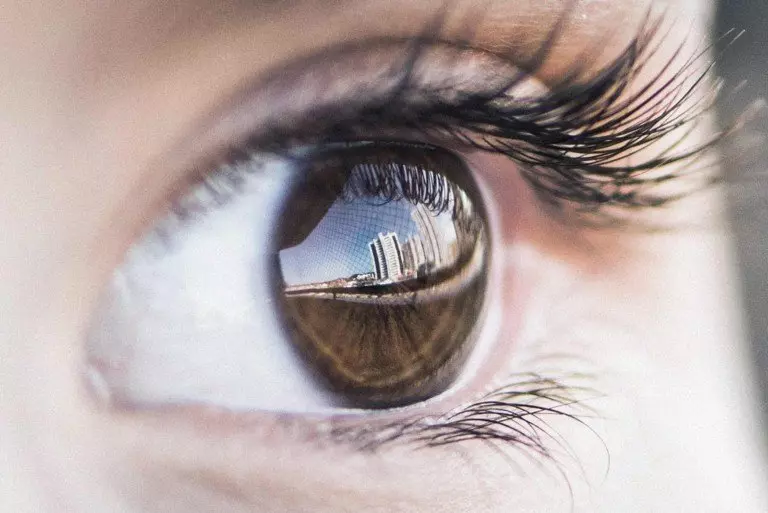
Certain medications block dopamine activity in the brain.
- If you don’t have Parkinson’s, they may cause Medication Induced Parkinsonism (also called “drug-induced parkinsonism”).
- If you have Parkinson’s disease, they can worsen your symptoms.
In this condition, Levodopa is not very useful. This is because the sites where levodopa normally attaches are blocked by these nefarious drugs.
Therefore, in this condition, both Anticholinergic medications and Amantadine are more effective than levodopa.
Let us learn more.
Dopamine Blockers
First, here are the medications that can block Dopamine activity in the brain.

| DOPAMINE BLOCKERS: Medications which can produce symptoms like Parkinson’s disease | |
| Many medications used for psychiatric problems such as schizophrenia (these are also called “Neuroleptics”) | Haloperidol, Risperidal, Olanzapine, Aripiprzole, Trifluoperazine and many more. Clozapine and Quetiapine usually do not cause problems. |
| Some medications for mood and depression | Fluphenazine, Tranycypormine, Lithium |
| Some anti-nausea medications | Metoclopramide, Levosulpuride, High doses of domperidone about 30-40 mg/day, Flunarazine, rarely cinnarazine |
| Some heart and blood pressure medications | Amiodarone, methly-dopa |
Overall, Neuroleptics (psychiatric) medications are probably the most common cause of Medication Induced Parkinsonism.
What is Parkinsonism?
Parkinsonism literally means “like Parkinson’s disease”.
Certain symptoms usually are seen in Parkinson’s disease. If a person has these symptoms, he is said to have Parkinsonism.
Parkinson’s disease is the most common cause of Parkinsonism.
The second most common cause in many countries is Medication Induced Parkinsonism.
What is Dopamine Blockade?
Dopamine is a chemical in our brains. It helps us to move.
Medication Induced Parkinsonism is caused by medications which block the action of dopamine.
These nefarious medications do this by blocking the microscopic sites in the brain where dopamine usually attaches itself. There is no death of cells.

On the other hand, in typical Parkinson’s disease, there is the actual death of cells in the Substantia Nigra (Click Here).
Therefore, these processes are very different from one another.
In addition, the symptoms produced by “Medication Induced Parkinsonism” are also somewhat distinct. There is usually no tremor and both sides are equally affected. Medication Induced Parkinsonism can progress very rapidly, whereas Parkinson’s disease usually progresses very slowly.
Why is levodopa not useful in Medication-Induced Parkinsonism?
Levodopa gets converted into dopamine in the brain. But then it has nowhere to attach!

Therefore, levodopa is not very useful in medication-induced Parkinsonism.
Anti-cholinergic medications
Dopamine has an enemy in the brain, called Acetylcholine. Acetylcholine actually is a good chemical with a lot of beneficial effects, but one of the things it does is to reverse some of the actions of Dopamine.
Trihexyphenidyl (Pacitane) and Benztropine are the most commonly used Anticholinergic Medications.
By decreasing the effect of acetylcholine (dopamine’s enemy), these medications give Dopamine a free hand in the brain.
Anti-cholinergic medications: Side effects
I (and many other doctors) believe that Trihexyphenidyl (Pacitane) and related medications should not be used in the elderly, at least not routinely. Acetylcholine is a very important chemical in the body, and blocking it can produce many unwanted side-effects.
Therefore the most common, and frequently serious side-effects with the use of these medications are:
- Confusion – The patient may lose track of day and night. He/She gets confused easily, has trouble paying attention or remembering anything. In very severe cases, the patient can have visual hallucinations and become physically violent!

- Acute urinary retention – This happens more frequently in males. The urinary bladder fills up with urine, but because of the anticholinergics, the path for urine to get out is closed! The patient starts becoming very, very uncomfortable because of the ever-increasing size of the bladder, which causes severe abdominal pain. This sometimes requires the urgent insertion of a catheter.
- Glaucoma – Similar to what happens with urine, these medications can cause shut off the flow of fluid away from the eye. They make the pupil very large, blocking all the drainage pipes in the periphery of the eye. As a result, fluid keeps accumulating within the eye, and it starts becoming larger. The eye is not a very flexible, and therefore the pressure inside it increases rapidly, and this can cause severe eye pain and blindness. Immediate medical treatment is needed!

Amantadine
Is Amantadine a better treatment for medication-induced Parkinsonism?
Yes, I think so.
I think so because it is equally effective and the side-effects of amantadine are relatively modest.
In patients without kidney disease, Amantadine usually does not have any side-effects other than some minor leg swelling and redness.

One has to be careful while using it in patients with renal failure. Amantadine is excreted by the kidneys and therefore it accumulates in the body if you have renal failure. If it accumulates up to a toxic level, you may become confused and have jerking of the body (myoclonus).
Future
Does the development of “Medication Induced Parkinsonism” predict the development of “Parkinson’s disease” later in life?
No, not in the majority of cases.
However, some patients have a dopamine deficiency and are on the brink of developing symptoms due to Parkinson’s disease. If a person is on the brink of developing symptoms, dopamine-blocking medications lead to appearance/worsening of Parkinsonian symptoms.
In these patients, dopaminergic blocking medications may cause sudden appearance/worsening of these symptoms.

So, in some (but not all) cases, the development of medication-induced parkinsonism may indicate that the patient may develop Parkinson’s disease later in life.
Caution: This information is not a substitute for professional care. Do not change your medications/treatment without your doctor’s permission.
